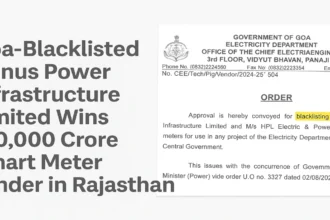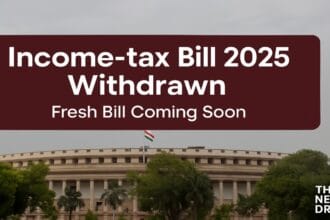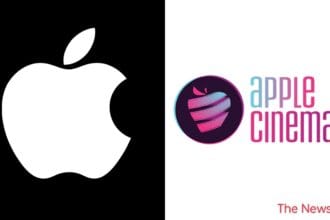
Tesla CEO Elon Musk has sparked fresh controversy with his call to “Cancel Netflix.” Using his social media platform X, Musk urged people to cancel their Netflix subscriptions, linking the move to both cultural concerns and the health of children. His posts, “Cancel Netflix” and “Cancel Netflix for the health of your kids,” triggered heated debate online and added to the streaming giant’s recent troubles.
Why Elon Musk cancelled Netflix subscription
The controversy began after Hamish Steele, creator of the animated Netflix series Dead End: Paranormal Park, shared a strongly worded post on Bluesky. Steele referred to conservative activist Charlie Kirk, who was recently shot dead, using offensive language and calling him a “nazi.”
Many users accused Steele of mocking Kirk’s death while promoting divisive political views.
Elon Musk reacted sharply when a former U.S. Department of Energy scientist announced that he had cancelled his own Netflix subscription in protest against Steele’s comments. The post claimed Netflix was supporting someone who “celebrated the murder” of Kirk and also criticized the platform for “pushing pro-trans content” on children. Musk replied simply, “Same,” confirming that he too had ended his subscription.
Impact on Netflix Stock
Following Musk’s repeated calls to “Cancel Netflix,” the streaming company’s shares came under pressure. Netflix stock fell nearly 3% in the last three trading sessions, sliding to a two-week low of $1,163.21. The decline erased almost $20 billion in market value.
Market analysts note that the stock was already facing weakness due to broader concerns, including the ongoing U.S. government shutdown and fears that President Donald Trump might impose tariffs on foreign films. However, Musk’s public criticism amplified selling pressure and added to the negative sentiment surrounding Netflix.
The Bigger Picture
This is not the first time Musk has used his platform to influence public debate. His “Elon Musk cancel Netflix” campaign highlights how influential voices can sway both consumer behavior and financial markets. While some users supported his stance, arguing that streaming platforms should be more responsible in choosing creators, others accused Musk of targeting content diversity and freedom of expression.
For now, the hashtag “Elon Musk cancel Netflix” continues to trend online, keeping Netflix in the spotlight for reasons far removed from its original programming. Whether this boycott call has long-term consequences for the company remains to be seen, but the immediate impact on stock performance is already clear.
More Read: Elon Musk Unveils Grokipedia: xAI’s Ambitious Bid to Rival Wikipedia with AI-Powered Truth

















